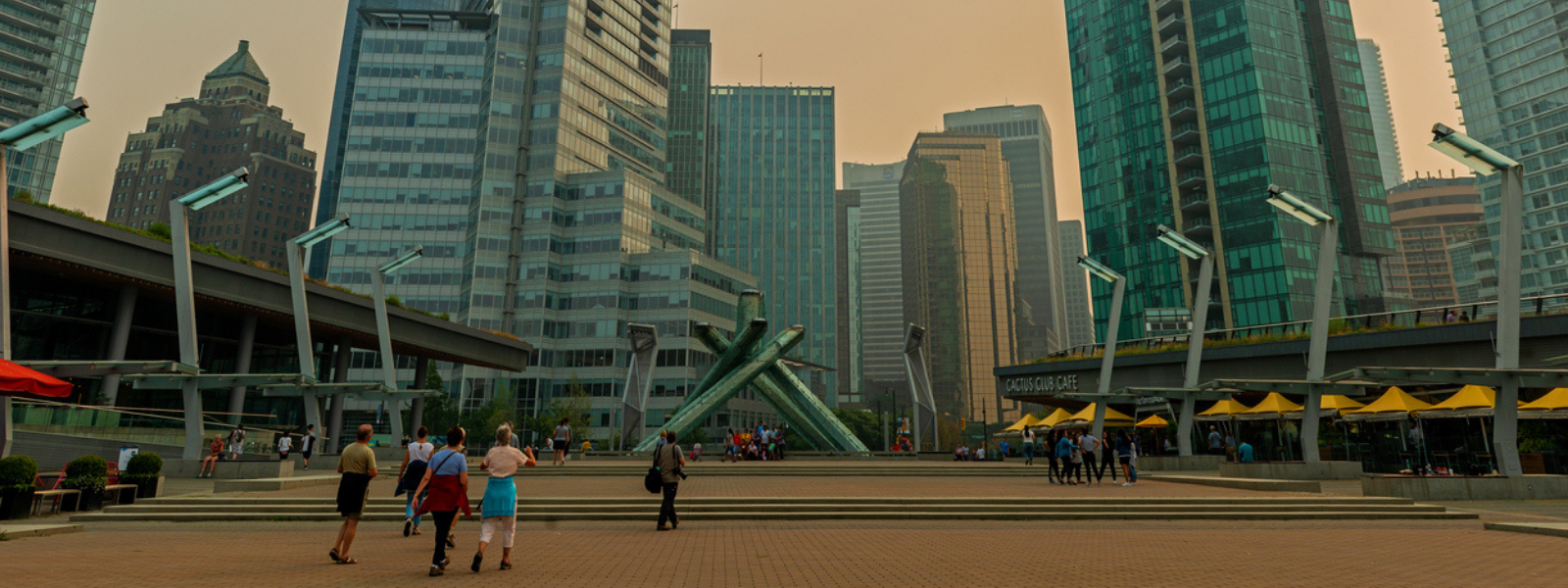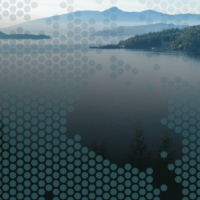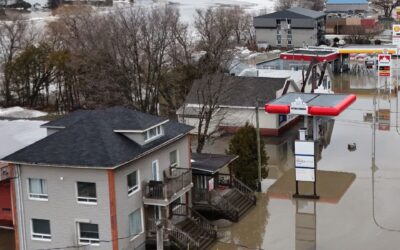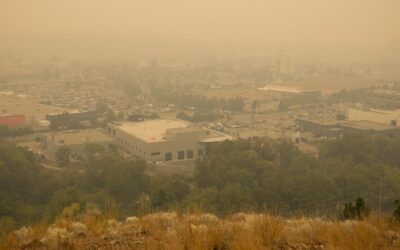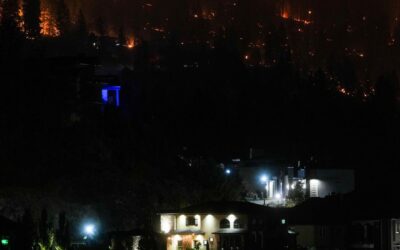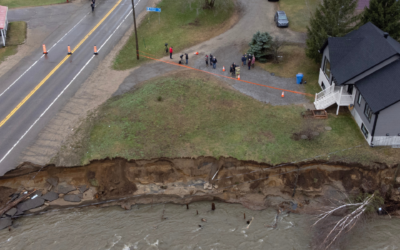Originally published in the Toronto Star.
New reports from the United Nations’ Intergovernmental Panel on Climate Change (IPCC) aren’t released that often. And when they are, their careful methodologies and cutting-edge science – the product of the efforts of thousands of experts around the world – inevitably break new ground in the climate change conversation. IPCC report is no exception, and its message is clear: reducing greenhouse gas emissions won’t be enough to protect lives and livelihoods from climate change. Globally, and here at home, we urgently need to alter important aspects of our lives such as how and where we build our cities and how we grow food.
New calculations highlighted in the report confirm that there is a large amount of climate “lock-in”, even if emissions are reduced quickly. While not too late to change course and limit warming to 2 degrees Celsius, emissions already released into the atmosphere will cause temperatures to warm until at least the middle of the century. And seas will be rising and permafrost thawing for at least the next century.
The report summarizes the best evidence available on long-term rising land temperatures, changes in precipitation patterns, and frequency and intensity of extreme heat. Its conclusion: Climate change already touches every human being on the planet – from Indigenous Peoples of the Arctic to city-dwellers in Australia – and will increasingly do so. As one example close to home, a new study suggests that last year’s catastrophic flooding in BC was made at least twice as likely because of climate change.
Climate change is not a distant, future, concern. It’s happening right now. This is especially significant for Canada, which is warming faster than much of the rest of the world: an average of 1.7 degrees increase since 1948. Too many people living in Canada are already experiencing first-hand the destruction of disasters that are made worse by climate change, like floods, fires, and heat waves.
We need to adapt and prepare.
Adapting to climate change is not a cop-out, and it doesn’t let anyone off the hook in terms of the need to reduce emissions. The research is clear that decisive action towards reaching net zero by 2050 will reduce future damage. It’s crucial that Canada deliver on its emission-reduction commitments next month with a credible, actionable 2030 Emissions Reduction Plan.
But at the same time, we can’t keep building for the climate of the past. Without adaptation, by 2050 flooding will lead to billions of dollars of annual losses in Canada even if greenhouse gas emissions are reduced substantially. Cities will require insurance mechanisms capable of facilitating the replacement of these assets or their ability to provide services could be compromised. Getting decisions right in terms of how and where infrastructure is built will protect people and livelihoods.
In Canada, we need to speed this conversation up in an urgent way. National, provincial, and territorial climate adaptation strategies currently lack detailed plans of action and do not provide sufficient support and funding to local governments to adapt to climate risks. The National Adaptation Strategy, a nation-wide vision for climate resilience in Canada, due in the fall of 2022, needs to begin filling this gap.
Adaptation is particularly important in order to protect the most vulnerable because climate change is not experienced equally either across Canada or around the world: it is an accelerant of existing inequalities in our society. There are the obvious direct economic impacts of disasters, like flooding, that hit those less wealthy the hardest and there are also indirect climate change effects, like rising food prices, that are more significant for those with smaller paycheques. As a recent example, the death toll from last summer’s unprecedented heatwave in BC disproportionately included the elderly.
The IPCC report observes that people and organizations act on their perceptions of risk, rather than risks as directly estimated by experts. Individuals across Canada, as well as all orders of government, need to do both at this moment in time: heed the advice of experts at the IPCC, but also look around them at the fires and floods experienced this year – and start to plan accordingly.

